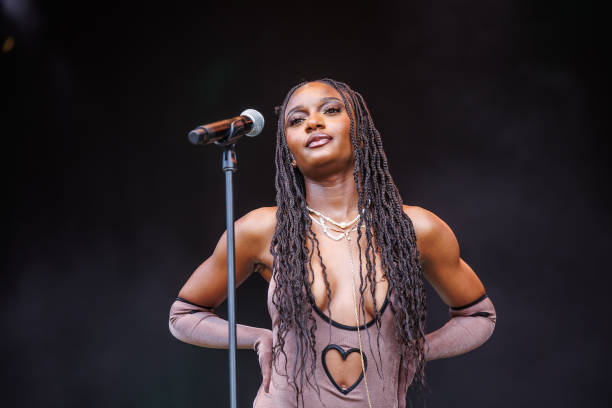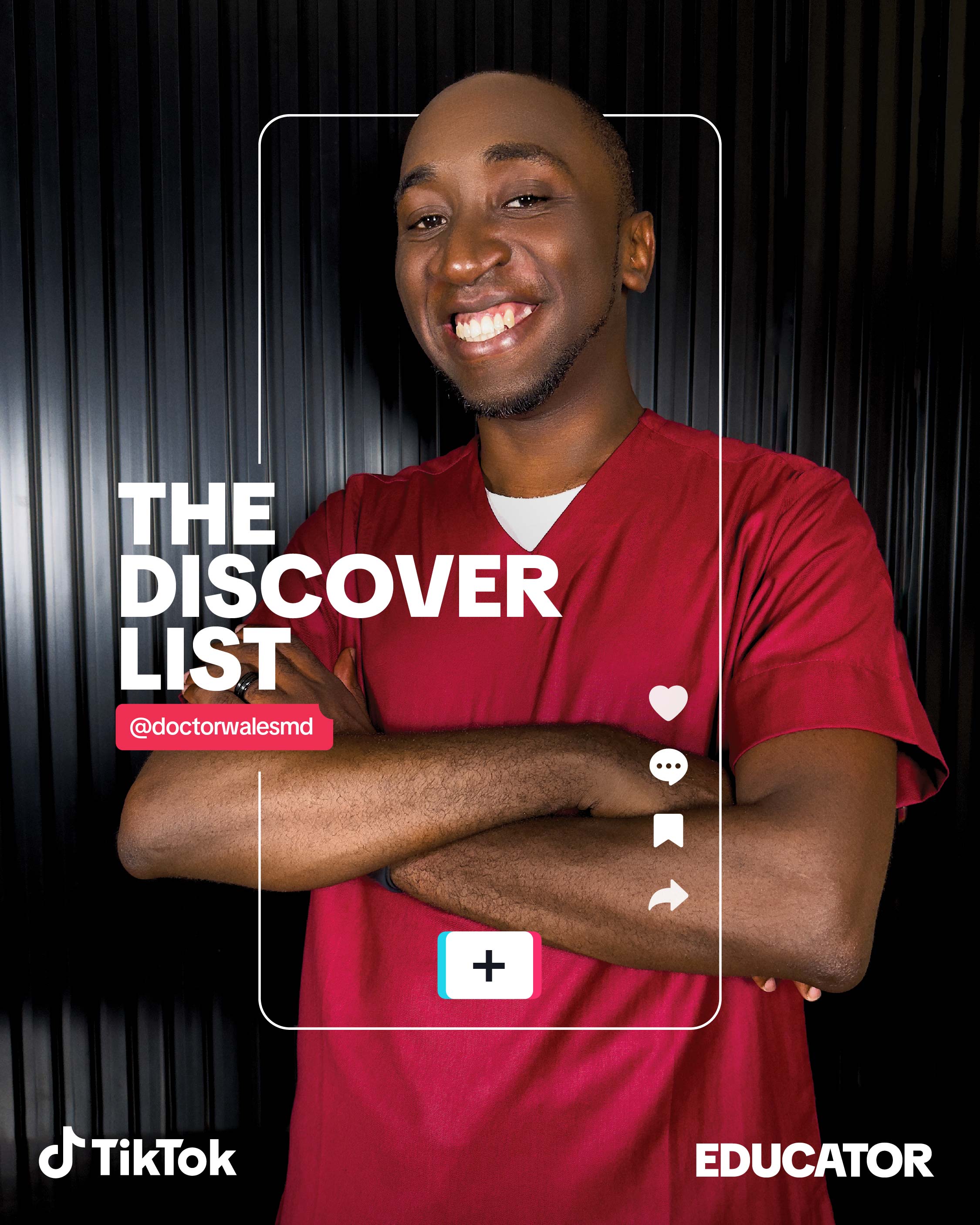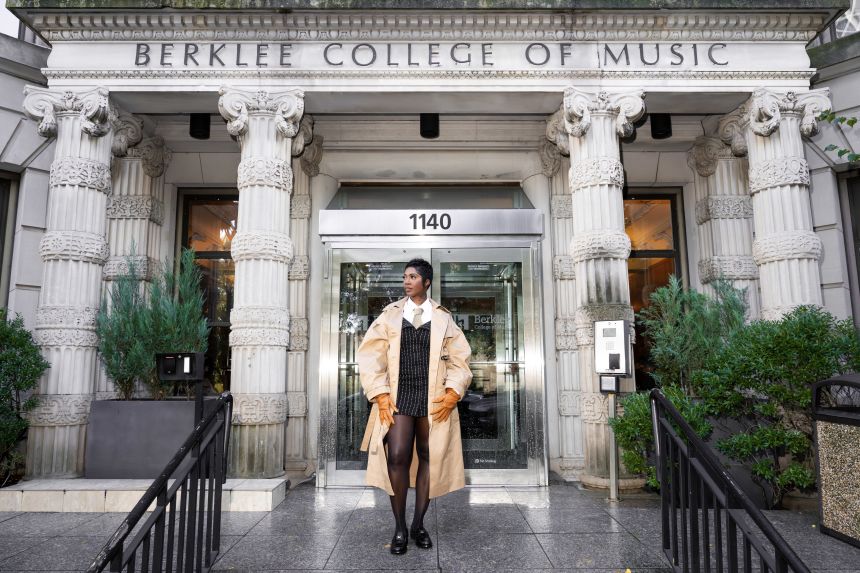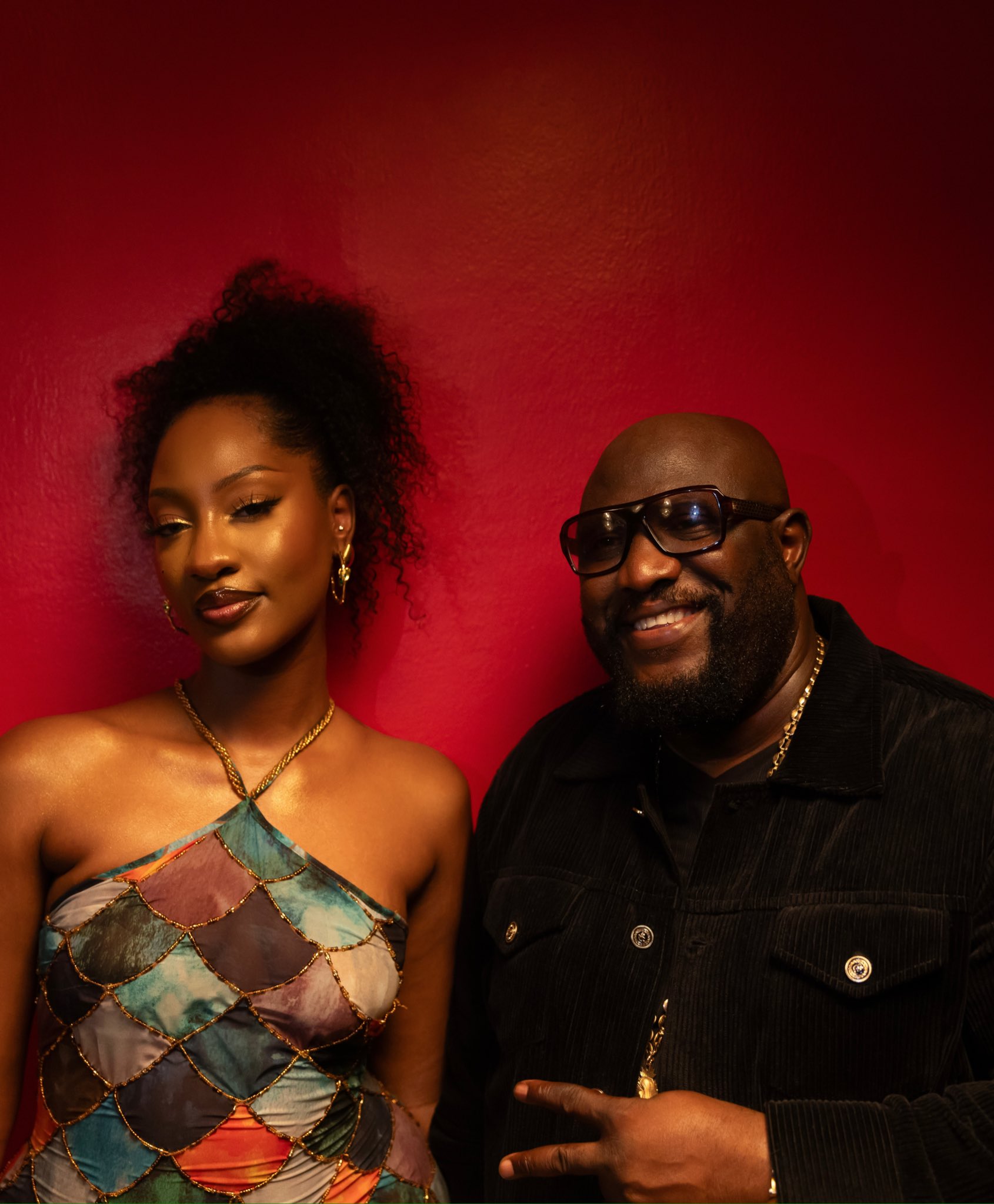Bomi Anifowose

Ayra Starr didn’t drop a controversial song. She didn’t insult a fan. She didn’t fumble a performance. What she did was show up—on the red carpet, in studio selfies, and in international rooms with the likes of Rihanna, Tems, and Tyla. For that, she was dragged, defamed, and digitally stoned by a horde of faceless bullies who call themselves the “Banger Boys.”
Their smear campaign was specific and sinister. Baseless claims that Ayra Starr has poor dental and body hygiene. Edited pictures. Misleading screenshots. A narrative built on freeze-frames of celebrities—Tyla, Rihanna, Tems—seemingly covering their nostrils while standing near her. As if these women, known for poise and grace, were gagging from her scent. It was despicable. Tasteless. And utterly false.
Let’s make this plain. Ayra Starr has excellent hygiene. But even if she didn’t, the world does not need public trials over private matters. This wasn’t concern. It was cruelty. Delivered with the grinning indifference of internet “cruise.”
It’s 2025, and somehow, we still need this headline:
It’s Called Cyberbullying, Not Cruise.
Cyberbullying in Nigeria has taken on a new sophistication. It’s no longer isolated trolls. It’s now organized, agenda-driven collectives, weaponizing images and innuendos to destroy reputations. It’s fanbases at war, clout-hungry influencers gunning for retweets, and everyday users cosplaying as comedians with zero empathy.
Ayra Starr’s case is not unique, but it is emblematic. A young woman in the global spotlight becomes a target because the local internet can’t handle her glow. Because her beauty, her ascent, her co-signs offend some twisted idea of what she deserves.
Let’s stop calling this “banter.” This is violence. Digital, yes, but violence all the same.
You people are really not nice o. How can you say this fine girl Ayra Starr dey smell just because of these pictures. pic.twitter.com/5obkJZVRDQ
— MR SAMUEL (@StackedSam) May 4, 2025
10 Ways to Regulate This Heinous Act:
Update Nigeria’s Cybercrime Act:
Nigeria’s Cybercrime Act of 2015 is outdated and largely silent on the modern nuances of online harassment. Legislators must revisit the bill to include specific clauses that define and criminalize digital smear campaigns, false visual manipulation, coordinated defamation, and mental health harm induced via online attacks. These should carry weighty penalties, both financial and custodial, to deter future offenders. New sections should also emphasize anonymity abuse, coordinated disinformation rings, and the psychological toll on artists and public figures.
Platform Policies Must Be Enforced with Teeth:
Social media platforms operating in Nigeria, particularly X, need to stop treating abuse reports like mild complaints. There must be actual consequences. Repeat offenders should face full account bans. Verified accounts engaging in bullying should be stripped of their status. Nigerian regulators can demand compliance through partnership with tech giants, as has been done in countries like India and the EU. Regular audits, transparent content moderation reports, and localized escalation protocols would go a long way in holding these platforms accountable.
Artists Need Digital Defense Protocols:
In the same way artists have PR agents and lawyers, they should also have digital crisis teams. These teams would monitor trends, flag red alerts, and immediately push back against false narratives before they spiral. Think of it as a digital fire brigade—swift, trained, and armed with truth, legal warnings, and compassionate storytelling. These teams could also liaise with platforms directly, compile dossiers on cyberbullies for legal pursuit, and train artists on social media boundaries and protective tools.
Normalize Artist Vulnerability Campaigns:
The culture of invincibility around celebrities needs to die. Labels and management teams should initiate vulnerability campaigns that humanize artists beyond their fame. Think interview series, short films, and social media takeovers that present real, raw stories about mental health, insecurity, or growth. It reminds audiences that artists bleed too. Vulnerability shouldn’t be a PR stunt, it should be a core storytelling tool that fosters empathy, diffuses envy, and bridges the gap between fan fantasy and artist reality.
Make Defamation Costly:
Talk is cheap. Defamation shouldn’t be. We need test cases: artists suing trolls and winning. Strategic litigation with publicized judgments can shift the culture dramatically. If a troll knows they might owe millions and lose their digital identity over a tweet, they’re more likely to think twice. Legal teams should also collaborate with forensic cyber investigators to unmask anonymous offenders, while pushing for defamation to include psychological damage in its compensation model.
Mandate Mental Health Support in Label Deals:
Record labels often see artists as brands, not humans. That must change. Every artist contract should include access to licensed therapists, crisis counselors, and a mental health budget. This isn’t charity, it’s workplace safety. Especially for young women constantly under the pressure of online performance. Label teams should build wellness checks into tour schedules, campaign rollouts, and studio sessions—so no one suffers in silence.
Digital Literacy Must Be a National Conversation:
Many Nigerians genuinely don’t know that resharing a lie makes them liable. Schools and higher institutions should teach digital ethics alongside ICT. Public campaigns sponsored by telcos, government, and NGOs should educate people on consent, misinformation, and emotional responsibility online. Think “Stop the Spread” campaigns, but for cyberbullying. Town hall forums, community radio shows, and celebrity-led storytelling projects could help bring this home to the average Nigerian user.
Empower Fanbases to Push Back Positively:
Stan culture doesn’t have to be toxic. Fans can be trained (yes, trained) to act as shields, not just swords. Fan clubs should have ethics policies and media literacy workshops. Labels can fund fan-led initiatives that promote kindness, fact-checking, and counter-trending narratives when their fave is under attack. Create incentives like exclusive merch, meet-and-greet passes, or spotlight features for fans who consistently model empathy and grace.
Publicly Shame Brands Who Reward Bullies:
Some influencers build entire careers off controversy and cyberbullying. Then brands reward them with endorsement deals. This must end. There should be public audits of which companies are paying trolls. We need accountability lists, like “Brand x Troll Tracker,” so we know who’s fueling the fire. Think of it as a social responsibility index—if your marketing budget props up violence, your consumer trust should collapse with it.
Create a Music Industry Digital Safety Coalition:
No one artist or label should fight alone. We need a pan-industry coalition dedicated to artist safety in the digital age. This body can offer a hotline for bullying reports, legal aid, collective statements, and real-time response teams. Think of it as a digital union for musicians—protecting image, mental health, and humanity. The coalition could also host annual conferences, publish trend reports on online abuse, and provide emergency funds for artists under attack.




